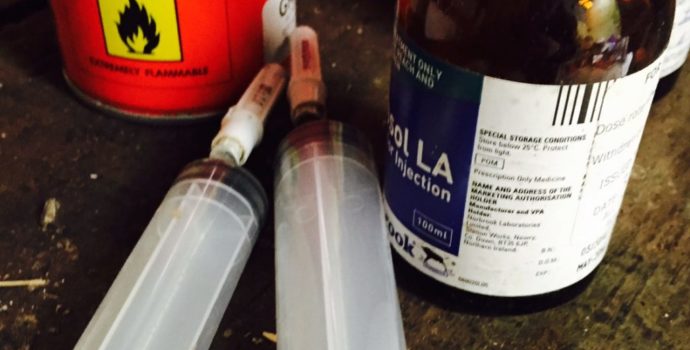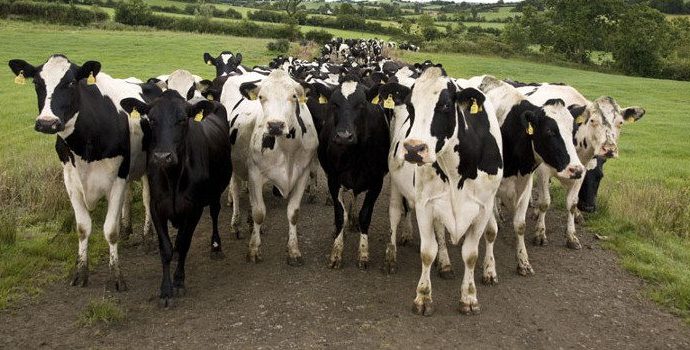Milk Price Support by Co-ops Crucial over First Post Quota Peak – O’leary
IFA National Dairy Committee Chairman Sean O’Leary has said that Irish dairy farmers were on a very steep learning curve this year – the first of the post quota era – and that after a year of strong profits in 2014, Irish dairy co-ops, supported by Ornua, should be in a good position to sustain viable milk prices over peak.
While recognising that markets are at a difficult point, there was evidence already that global supplies were easing. Mr O’Leary said it is crucial that our co-operative industry would, by holding the highest possible milk price, fulfil the part of their function which is about supporting their milk suppliers and members.
“For the first time in a generation, farmers are able to grow production, but they are simultaneously faced with major challenges to their cash flow. Their milk prices are 22% lower than 12 months ago, and around 6,000 farmers will face a superlevy fine equal to half of what was paid in total over the previous 30 years – an unprecedented challenge even allowing for the three-year payment scheme. In addition, farmers will face increased production costs, major tax liabilities and financial commitments, including the obligation for some to contribute to their co-op’s development plan and/or to buy shares,” Mr O’Leary said.
“Glanbia have set up a methodology to top up their milk price through periods of volatility, which will result in an unchanged pay-out of 30.5c/l including VAT for May milk. Other co-ops must also ensure that their suppliers and shareholders are also supported through the most critical months of the post quota era,” he said.
“I am well aware that international dairy markets have been weak for several months, and consecutive negative GDT auction results have been used by milk and dairy products buyers alike to influence market sentiment negatively. However, German dairy market analysis agency ZMB has indicated that European buyers, who had been buying short for months, are actively buying again. Also last week, EU average butter prices rose by €50/t, while French Agrimer SMP quotes were up €30/t and Dutch PZ quotes for butter up €20/t,” he said.
“EU milk output has been falling and this will help rebalance markets in coming months. German production was 1.7% down for the first quarter, French production down 2.7%, and Dutch output 2.2%. Most recent information for production into May also shows lower levels for all three countries than a year ago, largely due to lower prices and margins. Global output is also set to ease due to very low milk prices in New Zealand, the likelihood that the declared El Nino event will affect Oceanian production, and the effect of the extreme drought in California on US output, now forecast to raise no more than domestic requirements for 2015,” he said.
“These may only be very small chinks, but while our dairy industry develops strategies and instruments to help farmers manage income volatility, it is crucial that they would support their farmer shareholders as much as they can,” he concluded.




